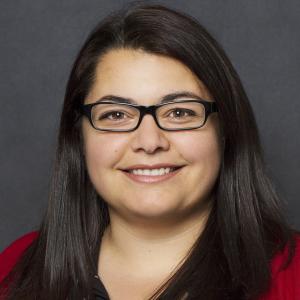CSLS wins grant to support lay users of virtual justice systems during COVID-19
Associated people
The Centre for Socio-Legal Studies has received a grant from the Economic and Social Research Council (ESRC) as part of UK Research and Innovation’s rapid response to COVID-19. This project, which will start on 1st November 2020 and last for 18 months, is being carried out in partnership with HM Courts and Tribunals Service. The project’s goal is to provide a range of information tools that will help guide and support the laity in virtual trials and tribunal hearings.
The project will benefit from the guidance of a Project Advisory Board chaired by Sir Ernest Ryder, former Lord Justice of Appeal and Senior President of Tribunals and currently the Master of Pembroke College, Oxford. Responding to news that UKRI had made the award, Sir Ernest said:
“I am delighted to be associated with this very important research project. It is led by an eminent and well informed team and will have the advantage of a collaborative working arrangement with HMCTS. There has never been a better time to analyse data and perceptions about remote working and good practice.”
Why is the research necessary? COVID-19 and social distancing rules have forced radical changes upon the justice system with many trials now having to take place online. There is currently very support to prepare members of the public for appearing in court from their own home or to guide them around these new virtual courthouses. This poses a number of challenges to the legitimacy of the legal system and commentators have expressed concern about the fairness of proceedings and the dangers of alienating court users. There are particular concerns about the ability of the digitally impoverished and vulnerable lay users to participate effectively in this new way of doing justice. This project will undertake on extensive consultation with the public, court staff, interest groups, practitioners and policy makers about their experiences of online justice. It will have two key deliverables:
- A central repository of good practice materials drawing on exemplars from around the world and
- A series of audio-visual guides which will assist lay users of the justice system in navigating their way around virtual proceedings and facilitate effective participation.
The project is underpinned by the five key goals of enhancing technical competence; improving understanding of court processes; supporting court users in navigating the alternative geographies and sense of time in virtual space; engendering a sense of journeys to and from civic space; and promoting dignity and gravitas in virtual court proceedings. The research will focus on family courts and tribunals.
The project team will be led by:
Professor Linda Mulcahy, Director of the Centre for Socio-legal Studies at the University of Oxford
Dr Emma Rowden, Senior Lecturer in Architectural History and Theory at Oxford Brookes University
Dr Anna Tsalapatanis, Postdoctoral Researcher from the Centre for Socio-Legal Studies at the University of Oxford.



